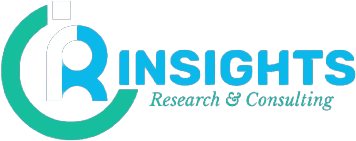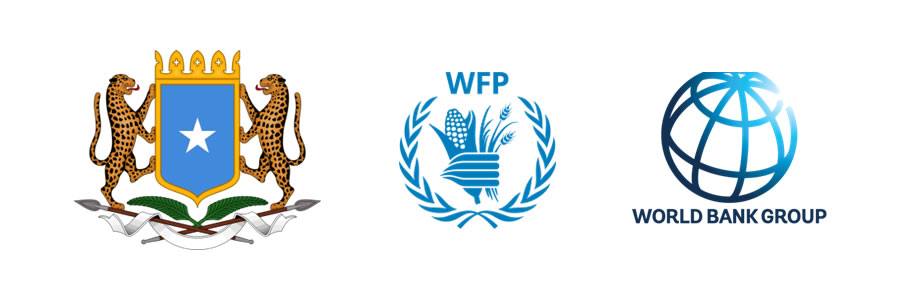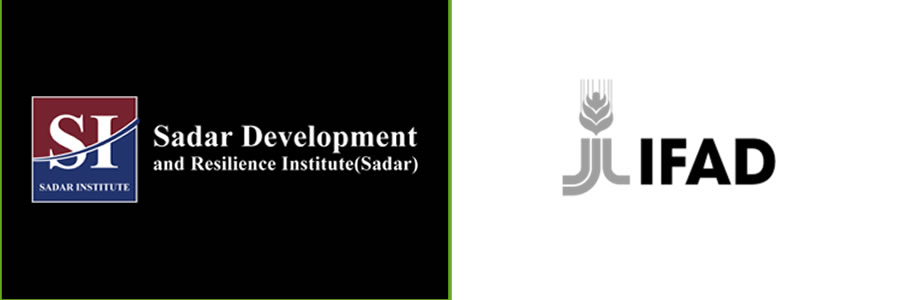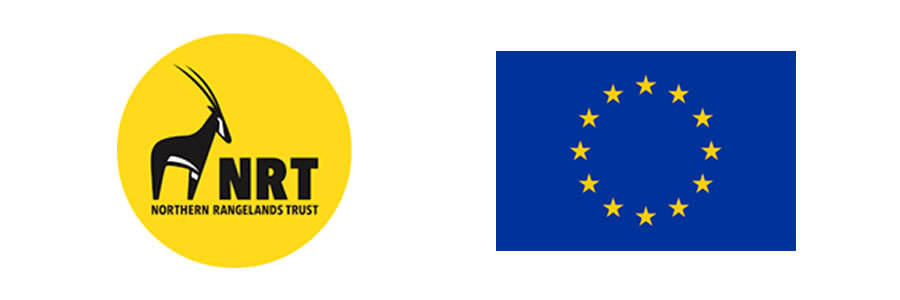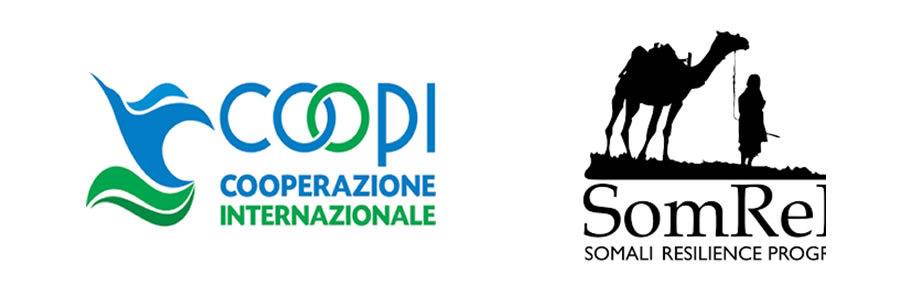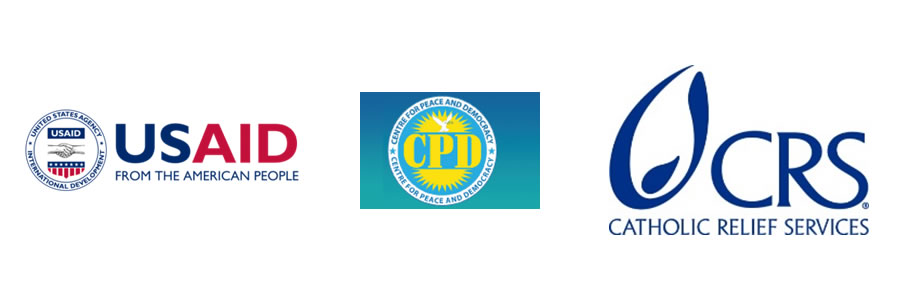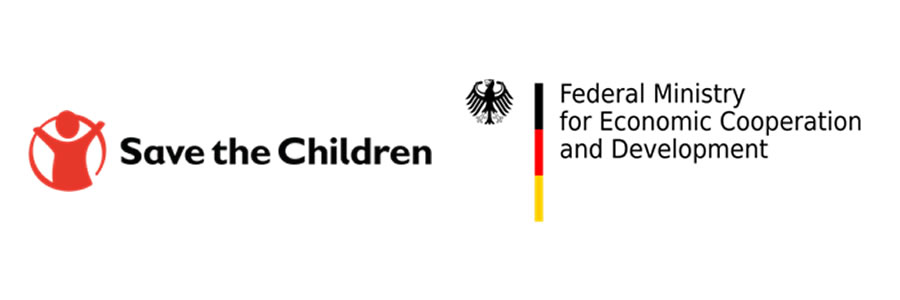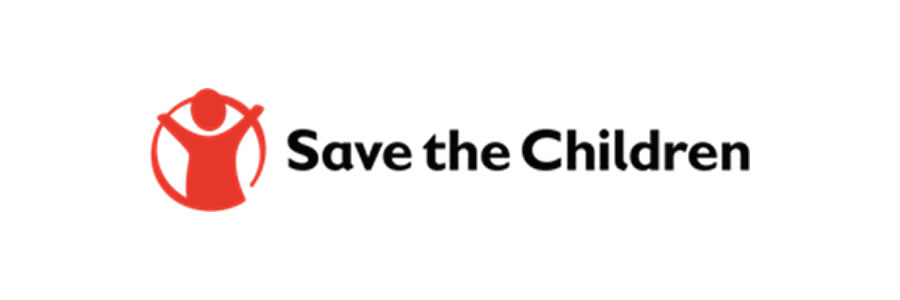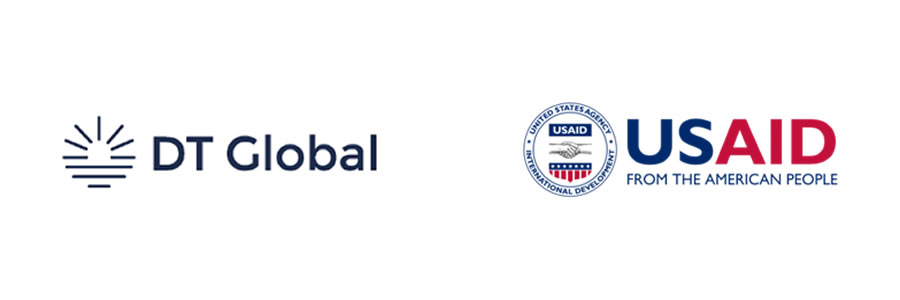Enhanced Awareness of Hazards, Disaster Information and Early Warning Systems and DRR Capacity Building of Local Level Structures
World Food Programme (WFP) Somalia Country Office together with Somali Disaster Management Agency (SODMA) and Ministries of Humanitarian Affairs and Disaster Management (MOHADM) is currently implementing a project, titled “Strengthening and linking federal and state early warning systems” with financial support from the World Bank.
[showhide]
The project objective is to strengthen community-oriented disaster early warning systems and capacities in Hirshabelle and Southwest States. Through this project, the proposed interventions will pilot disaster early warning systems and approaches, while linking them to national disaster risk management, with the goal of improving national and community disaster preparedness and response capacities.
This project is strongly aligned to the Somalia Crisis Recovery Project (SCRP’s) development objectives which is to support the recovery of livelihoods and infrastructure in flood and drought affected areas and strengthen capacity for disaster preparedness nationwide. Taken with the other components of the SCRP, this project will support an integrated flood-drought response and preparedness regime to mitigate against climatic shocks.
INSIGHTS is supporting efforts to enhance disaster preparedness and response in Hirshabelle and Southwest States, building resilience to floods and droughts. Key objectives include raising community awareness, strengthening Village Disaster Management Committees (VDMCs), and establishing early warning systems (EWS). The initiative also fosters linkages between community and national disaster management structures while documenting best practices and lessons learned.
[/showhide]
